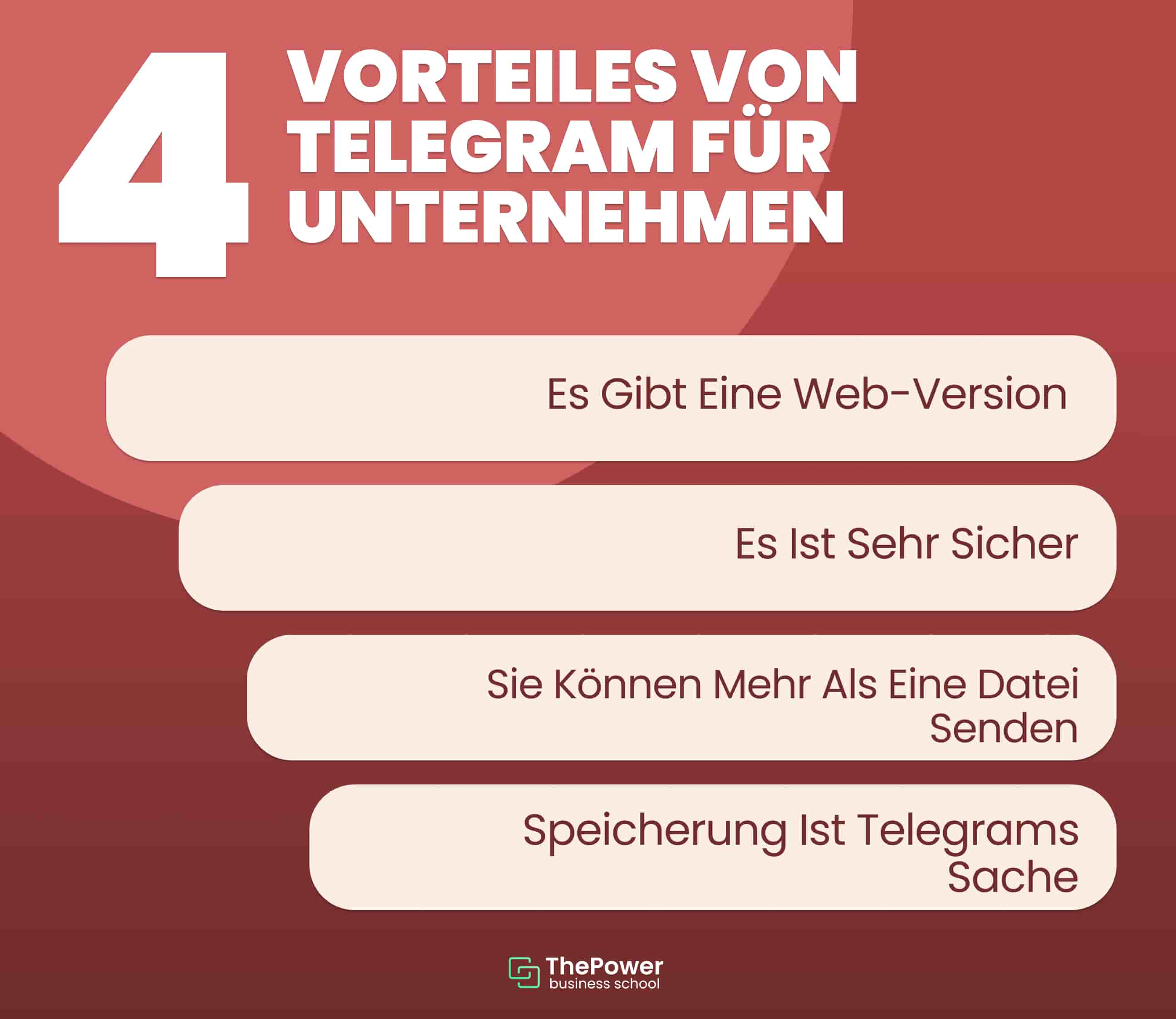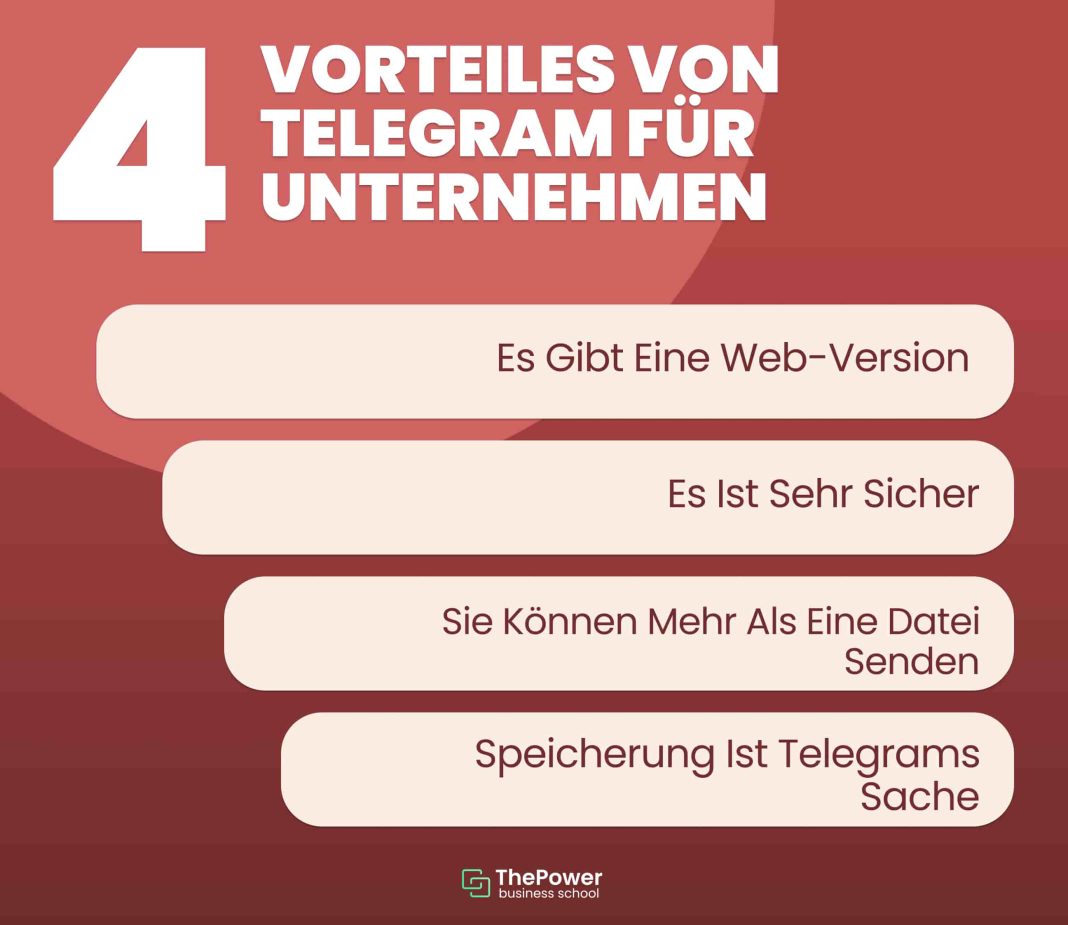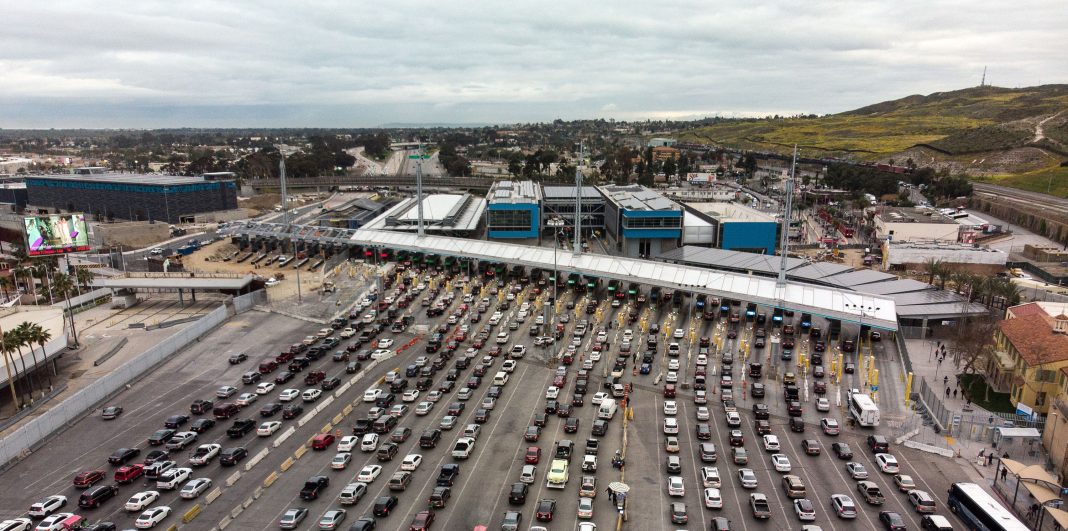
Title: Pavel Durov’s Arrest in France: The Complexities of Freedom of Communication
Russia’s strongman, Vladimir Putin, surprisingly expressed support for Telegram founder Pavel Durov following his arrest in France. Durov, who had fled Russia a decade ago due to conflicts with the Kremlin over free speech, was apprehended as part of an investigation into various crimes on the Telegram platform. French prosecutors announced the charges related to child sex abuse images, drug trafficking, and fraudulent transactions.
In response, the Kremlin stated that unless France could provide substantial evidence, the accusations would be perceived as an attempt to restrict freedom of communication. Dmitry Peskov, a Kremlin spokesman, emphasized the need for a strong basis of evidence to avoid the direct limitations on communication. While Russia had previously attempted to block Telegram and imposed fines on the company for failing to remove illegal content, Putin’s support for Durov signaled an intriguing twist.
Leaked documents circulating on Telegram and other platforms revealed that Durov had made approximately 50 visits to Russia since his departure in 2014. Speculation arose among social media users about a possible deal between Durov and Putin during these visits, giving Russia’s leader access to private Telegram channels. However, there is currently no evidence of such collusion.
Telegram, launched by Durov in 2013, has become an essential communication tool for citizens, government officials, and pro-democracy groups worldwide. In the context of the Russia-Ukraine war, it serves as a crucial news link between the two countries. Ukrainians have utilized the messaging app to disseminate air raid warnings, share maps of local bomb shelters, and document firsthand accounts of the war’s horrors. Russian officials, on the other hand, have exploited Telegram to distribute news, disinformation, and fake fact-checking channels.
Despite its significance, Telegram has faced criticism for its failure to moderate content from extremist groups and conspiracy theorists, such as the Islamic State, white nationalists, COVID-19 deniers, and QAnon followers. This raises concerns about the platform’s role in propagating harmful ideologies.
Durov’s arrest comes at a time of strained relations between Russia and France, particularly as the war in Ukraine enters its third year. French President Emmanuel Macron previously emphasized the danger the war posed to European security. However, Macron denied any political motivation behind Durov’s arrest, ensuring that it was part of an ongoing investigation.
Durov’s detention was extended for 48 hours, and French law requires judges to consider flight risk when determining possible pretrial detention. Durov, who holds a UAE passport, also received support from the United Arab Emirates, which submitted a request for diplomatic assistance on his behalf.
Notably, Durov’s commitment to free speech was evident in his previous clashes with the Russian government. In 2013, his app VKontakte, Russia’s version of Facebook, was temporarily blacklisted after he refused to shut down activist-run VK groups organizing protests against Putin’s party. Durov’s refusal to comply and his subsequent departure from Russia led to a self-imposed exile lasting ten years, during which he resided in Saint Kitts and Nevis and later Dubai.
In conclusion, the arrest of Pavel Durov in France sheds light on the complexities surrounding freedom of communication, international diplomacy, and the role of technology platforms in shaping global events. While the accusations against Durov are serious and require concrete evidence, his arrest raises questions about the potential vulnerabilities and misuse of platforms like Telegram. The incident also highlights the delicate balance between upholding free speech and combating illegal activities within the digital realm.


